Top Stem Cell Doctors and Hospitals in India
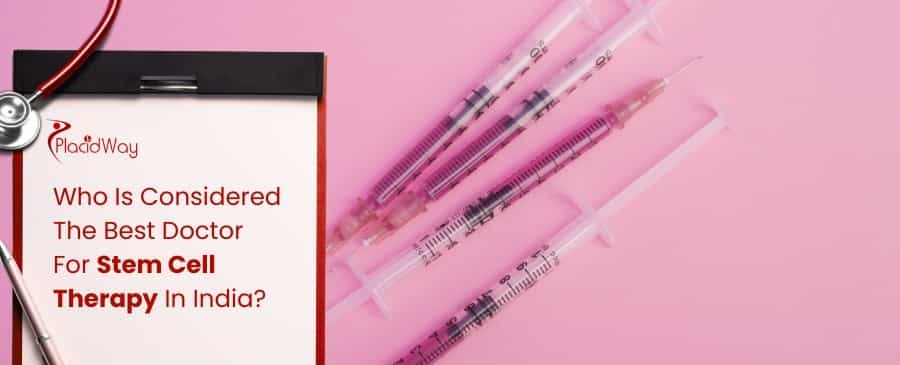
The truth is, there isn't one single doctor who holds the title of "best" across all types of stem cell treatments. Instead, India is home to numerous highly qualified and experienced specialists, each excelling in particular areas of regenerative medicine.
When you're looking for a doctor for stem cell therapy, it’s less about a general ranking and more about finding a specialist whose expertise perfectly matches your specific condition. For example, a leading neuro-regenerative specialist might be the ideal choice for a neurological disorder, while an orthopedic surgeon with extensive experience in stem cells would be best for joint issues.
How do I find a qualified doctor for stem cell therapy in India?
Identifying a qualified doctor for stem cell therapy in India requires careful research and due diligence. Given the specialized nature of these treatments, it's crucial to look beyond general practitioners and focus on those with specific training and experience in regenerative medicine.
The first step often involves understanding the specific condition you or your loved one needs treatment for. Different conditions require different types of stem cell applications and, consequently, different specialist expertise.
What qualifications should a top stem cell doctor in India possess?
The qualifications of a top stem cell doctor in India go beyond just basic medical degrees. Given the innovative and evolving nature of stem cell therapy, specialized training and a deep understanding of regenerative medicine are paramount.
What conditions are effectively treated by stem cell specialists in India?
The field of stem cell therapy in India is continuously evolving, with specialists applying these innovative treatments to a growing number of conditions.
While the efficacy varies depending on the specific condition and the stage of clinical evidence, many patients have found significant relief and improved quality of life. It’s important to note that while some applications are well-established and approved, others are still considered experimental or are part of ongoing clinical trials.
What is the average cost of stem cell therapy in India and how does a doctor's reputation affect it?
Understanding the cost of stem cell therapy in India is a critical factor for many patients. It's important to recognize that there isn't a fixed price, as the cost can fluctuate widely based on numerous variables.
These factors include the specific medical condition being treated, the type and source of stem cells used, the number of treatment sessions required, the complexity of the procedure, and significantly, the reputation and expertise of the doctor and the facility.
What are the potential risks and side effects of stem cell therapy?
While stem cell therapy holds immense promise for treating various conditions, it is crucial for patients to be fully aware of the potential risks and side effects, just like with any medical procedure. Ethical doctors in India will transparently discuss these possibilities during the consultation, ensuring you make an informed decision.
A commitment to comprehensive post-treatment care and regular follow-up indicates a doctor's dedication to patient outcomes and long-term well-being, which is a hallmark of a reputable provider of stem cell therapy in India.
When you are ready to explore your medical tourism options further, including finding reputable clinics and highly qualified doctors for stem cell therapy or any other healthcare service, PlacidWay is here to help you navigate your choices and connect you with trusted solutions worldwide.


.png)





.png)
.png)
.png)
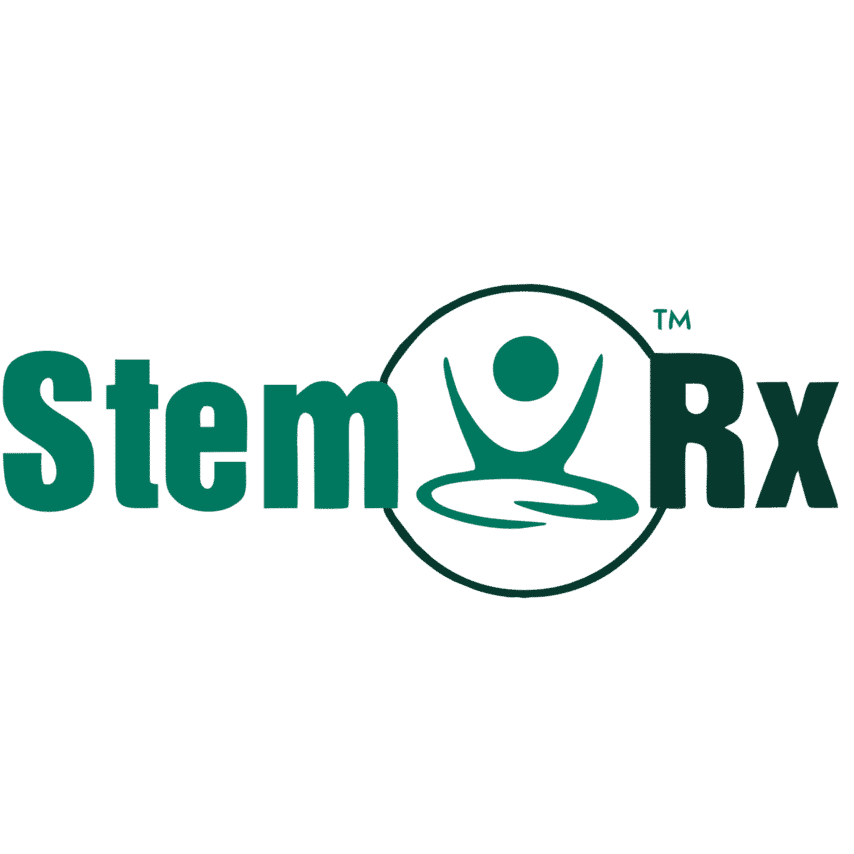
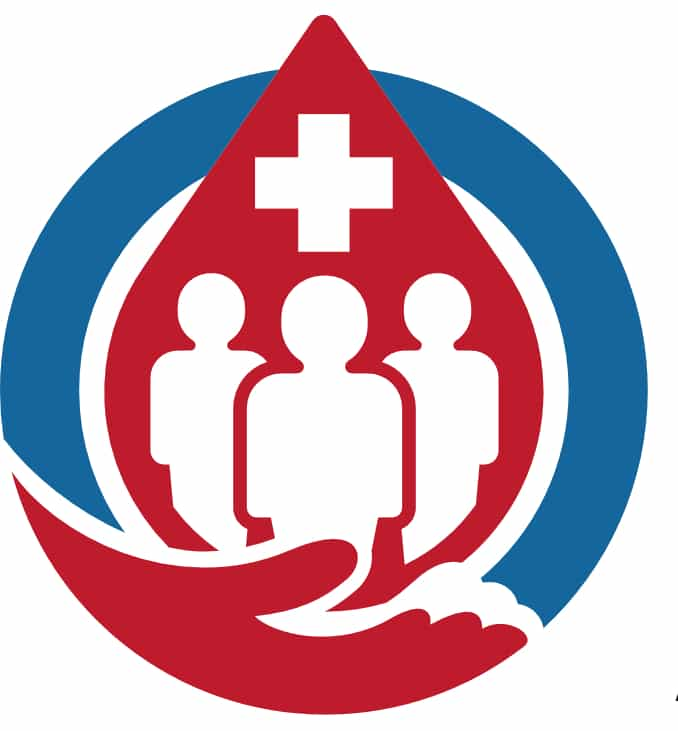
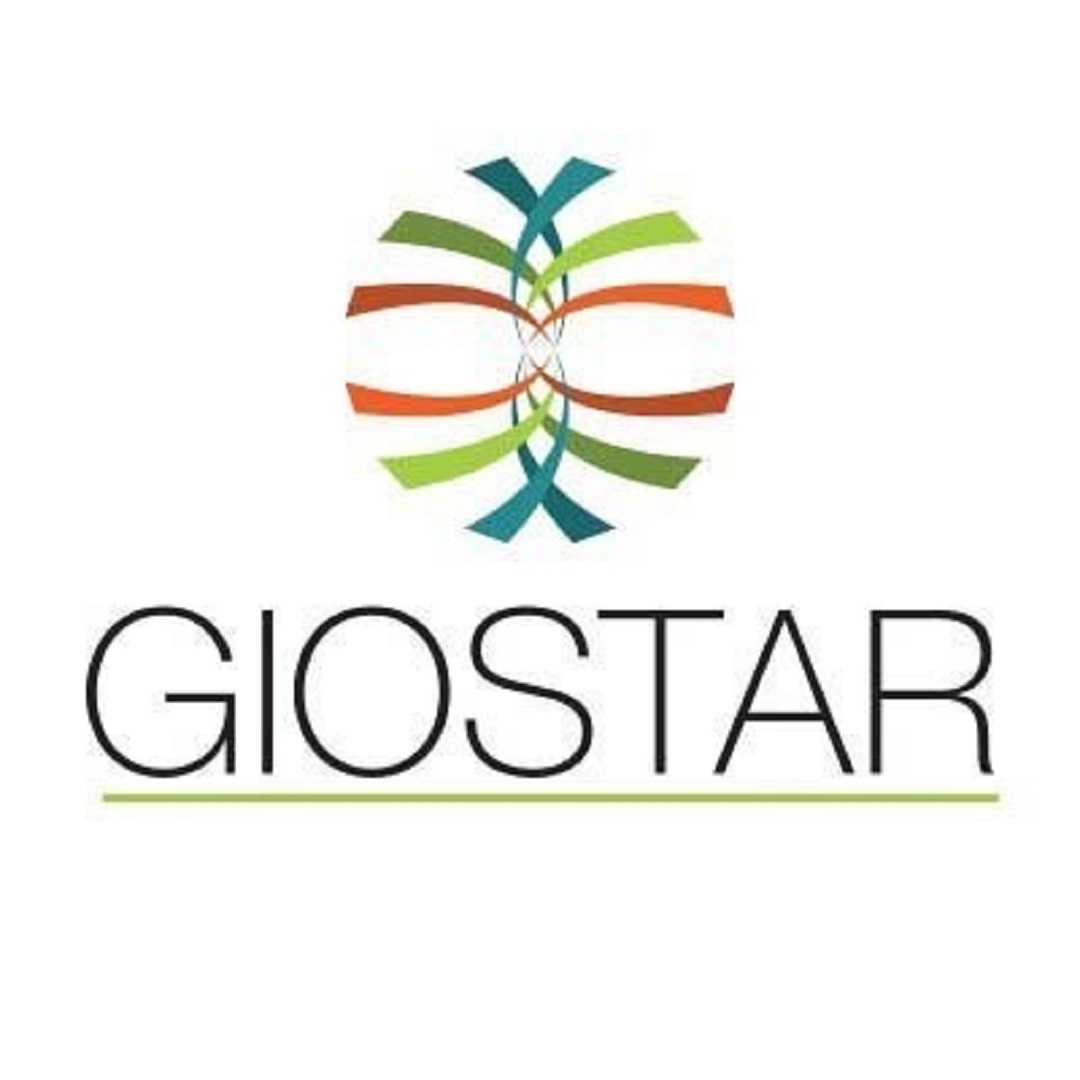
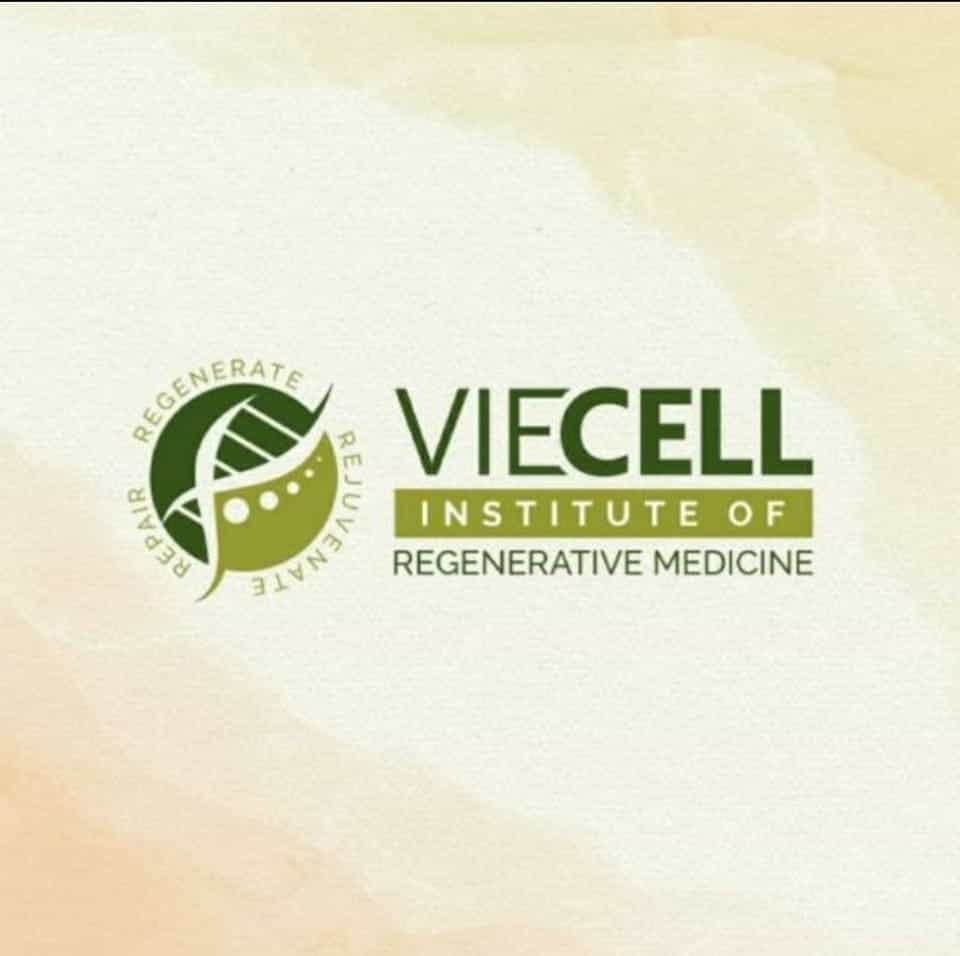
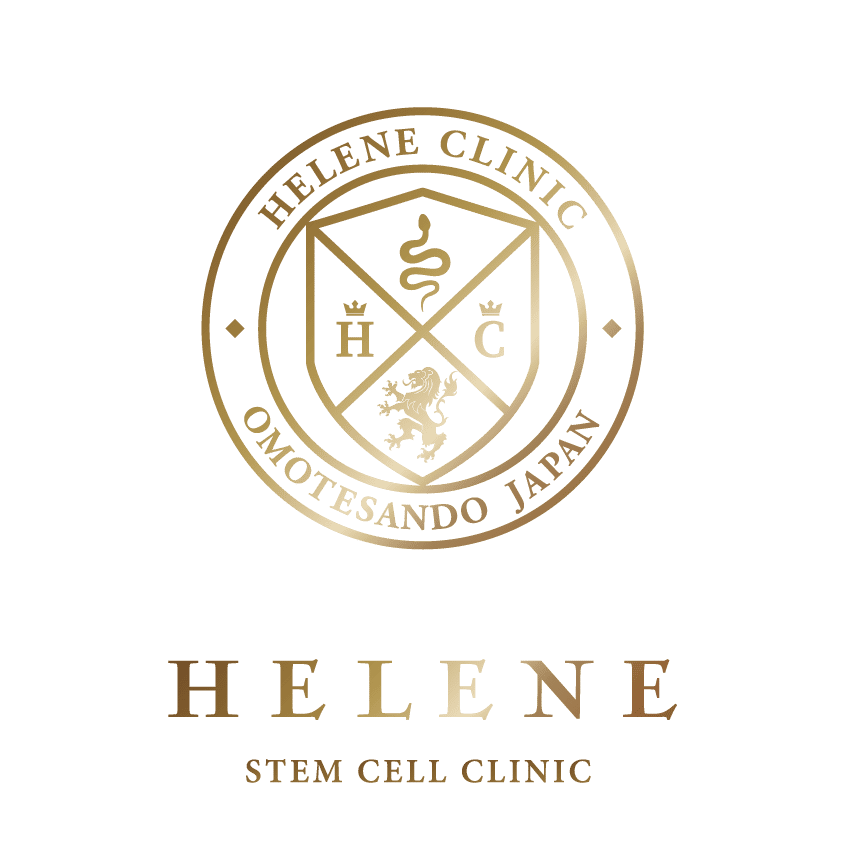

Share this listing